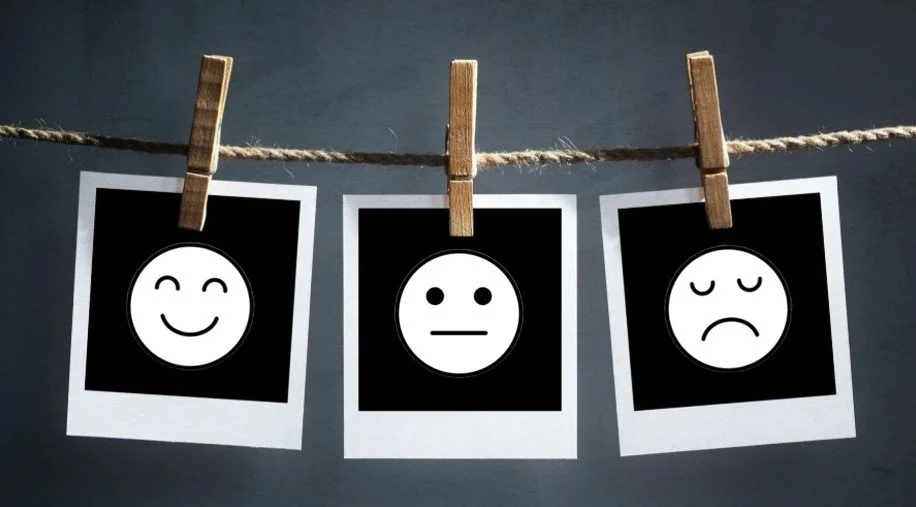Expectations & Outcomes
September 2025
Have you ever walked into a situation with high hopes, only to feel crushed when reality didn’t match the picture in your head? Most of us have. I know I have, and I see it often with my clients, too.
Expectations shape the stories we tell ourselves about how things ought to be. They’re everywhere. From small, day-to-day hopes to big life plans, expectations influence how we experience the world.
But when they go unmet? That’s where frustration creeps in – often again and again.
Two Sides of Expectations
Expectations aren’t inherently bad. They can motivate us, give us direction, help us set goals, and keep us accountable. They provide a sense of structure in a world with very few guarantees.
The trouble begins when we hold those expectations too tightly – when they harden into rigid rules about how things must be in order to feel “right.” Especially when those expectations are tied to other people or situations. That’s when we find ourselves fighting against what actually is, rather than engaging with reality as it unfolds. We can become so attached to the vision we’ve created that when reality takes a different turn, we feel deeply let down. Not because something went wrong… but because it went differently than we envisioned.
The Outcome Trap
Expectations almost always carry some sort of desired outcome – the two are intertwined. We often assume that if certain actions are taken, the result we want will naturally follow. But outcomes are rarely that straightforward.
When the outcome doesn’t match our expectations, disappointment sets in. We may blame ourselves, others, or the circumstances surrounding us. And sometimes, the outcome we worked so hard for does arrive… but doesn’t feel the way we thought it would.
Here are two examples that may sound familiar:
Expectation & Outcome #1: Career Recognition
You believe that working hard and going above and beyond will earn you a promotion. You put in the late nights and consistently over-deliver. But when promotion time comes, your name isn’t even on the table. Someone else is recognized instead, perhaps even someone you don’t think is as deserving. You feel undervalued, resentful, and wonder if all your effort was wasted.
The reality? Hard work is valuable, but it doesn’t guarantee recognition or advancement. Often, there’s more at play: visibility, self-advocacy, timing, and organizational dynamics, as examples.
Expectation & Outcome #2: Leadership Accountability
You expect that a colleague in a leadership role will take ownership of their responsibilities. Yet time after time, their deliverables are late, rushed, or incomplete. You feel frustrated – not just with them, but with the culture that seems to accept it.
The reality? Not everyone views responsibility and accountability through the same lens. What feels “obvious” to you may not be to them. And when our unspoken standards collide with perspectives and motivations different from our own, frustration multiplies.
Understanding What’s in Our Control
Much of the stress we carry stems from trying to control outcomes that are out of our control. When we learn to focus on what’s truly within our influence and release our grip on the rest, frustration begins to lessen. It starts with awareness: noticing where we’re holding tightly to expectations and tethering ourselves to a single, specific outcome. From there, we can choose flexibility over rigidity, openness over assumption, and curiosity over control.
A Few Questions to Consider
What expectations are shaping your experience – and are they helping or hurting?
Where in your life are you holding tightly to a desired outcome?
What would become possible if you released control over how things unfold?
This week, notice where expectations are guiding you and where they might be holding you back. Try loosening the grip, even slightly, and believe in the possibilities beyond what you originally had in mind.


